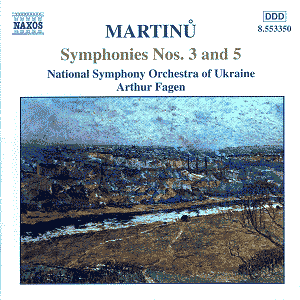 Composer: Giuseppe Verdi
Composer: Giuseppe Verdi
Works: Ernani: Ernani Involami, I Vespri Siciliani: Merce, dilette amiche, Il Trovatore: Tacea la notte, D’Amor sull’ali rosee, Miserere (with Giovanni Martinelli), Mira d’acerbe lagrime (with Riccardo Stracciari), La Forza del Destino: La Vergine degli angeli (with Ezio Pinza), Pace, pace, Io muoio….Non imprecare (with Martinelli and Pinza), Aida: Ritorna vincitor, O patria mia, Pur ti reveggo (with Martinelli), La fatal pietra (with Martinelli), Otello: Piangea cantando, Ave Maria
Performers: Rosa Ponselle (soprano), Giovanni Martinelli (tenor), Ezio Pinza (bass), Riccardo Stracciari (baritone)
Recording: NAXOS 8.110728
Label: NAXOS
The latest release from Naxos featuring the legendary Rosa Ponselle’s Verdi recordings from 1918 to 1928 serves as a nostalgic reminder of the power and artistry of one of the 20th century’s most celebrated sopranos. These recordings, made during a period of immense transition in the recording industry, not only capture Ponselle’s extraordinary vocal prowess but also provide a window into the interpretative practices of the time. Ponselle’s interpretations of Verdi’s most beloved arias remain benchmarks for aspiring sopranos, and this collection underscores her status as a definitive Verdi singer.
Ponselle’s voice, characterized by its lush timbre and remarkable range, conveys a depth of emotion that resonates with the listener even through the limitations of early recording technology. The opening track, “Ernani Involami,” showcases her ability to weave seamlessly through dramatic passages, the richness of her lower register juxtaposed with the ethereal quality of her high notes. Her phrasing is meticulous, demonstrating a keen understanding of Verdi’s lyricism. The inclusion of “D’Amor sull’ali rosee” spotlights her formidable technique; the optional high D-flat, which she navigates with apparent ease, is a testament to her vocal mastery and interpretive choices that prioritize emotional impact over mere technical display.
Collaborations with renowned contemporaries such as Giovanni Martinelli and Ezio Pinza further enrich this collection. Their contributions, particularly in duets like “Io muoio….Non imprecare,” elevate the interpretative depth and add a layer of dramatic dialogue that Verdi’s operas so richly demand. The balance between Ponselle’s vibrant voice and the darker timbres of her male counterparts is expertly managed, allowing for a compelling interplay that reflects the inherent drama of the works.
Ward Marston’s remastering provides an impressive listening experience, capturing the warmth and clarity of Ponselle’s voice while minimizing the sonic artifacts that often plague historic recordings. While some tracks may feel slightly flat, potentially due to the tuning standards of the Columbia studios, Marston’s efforts ensure that the essence of Ponselle’s artistry is preserved. The tracks flow seamlessly, arranged in accordance with the operatic score, guiding the listener through a coherent narrative journey.
For collectors of historical recordings, this release adds yet another layer of richness to Ponselle’s discography, while simultaneously serving as an accessible introduction for younger audiences who may be unfamiliar with her legacy. The depth of emotion, technical brilliance, and musical intelligence on display here is unparalleled. Ponselle’s legacy as a definitive interpreter of Verdi is not merely preserved but vividly revitalized, ensuring that her artistry continues to resonate with new generations of listeners.



